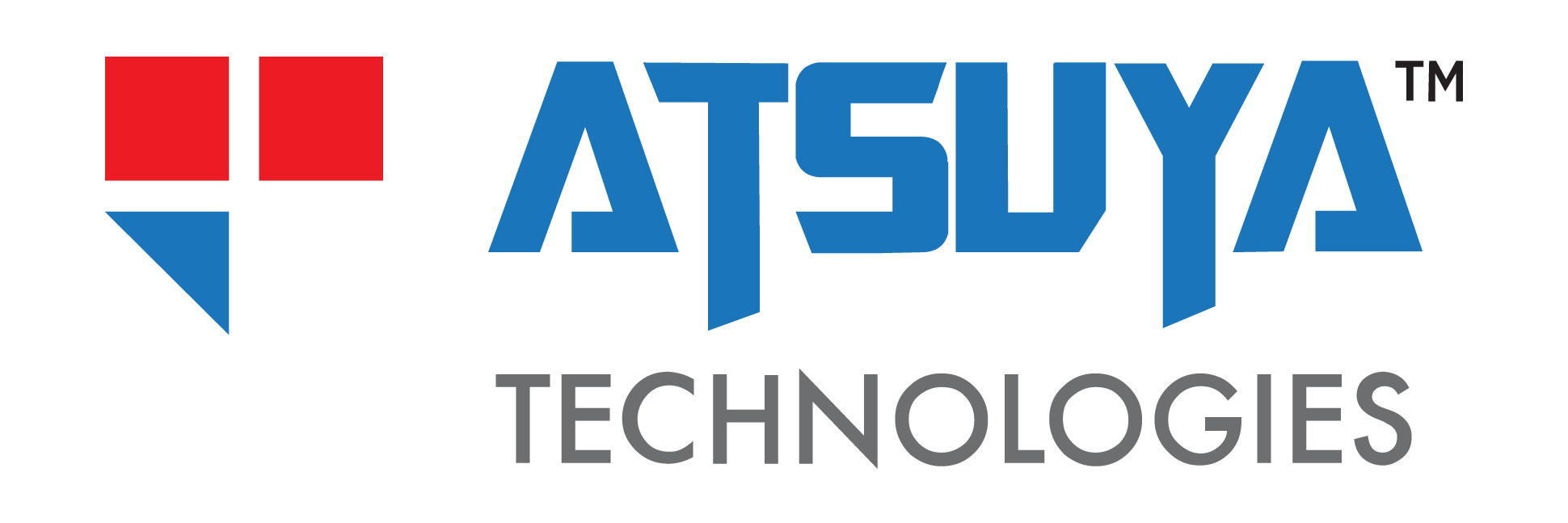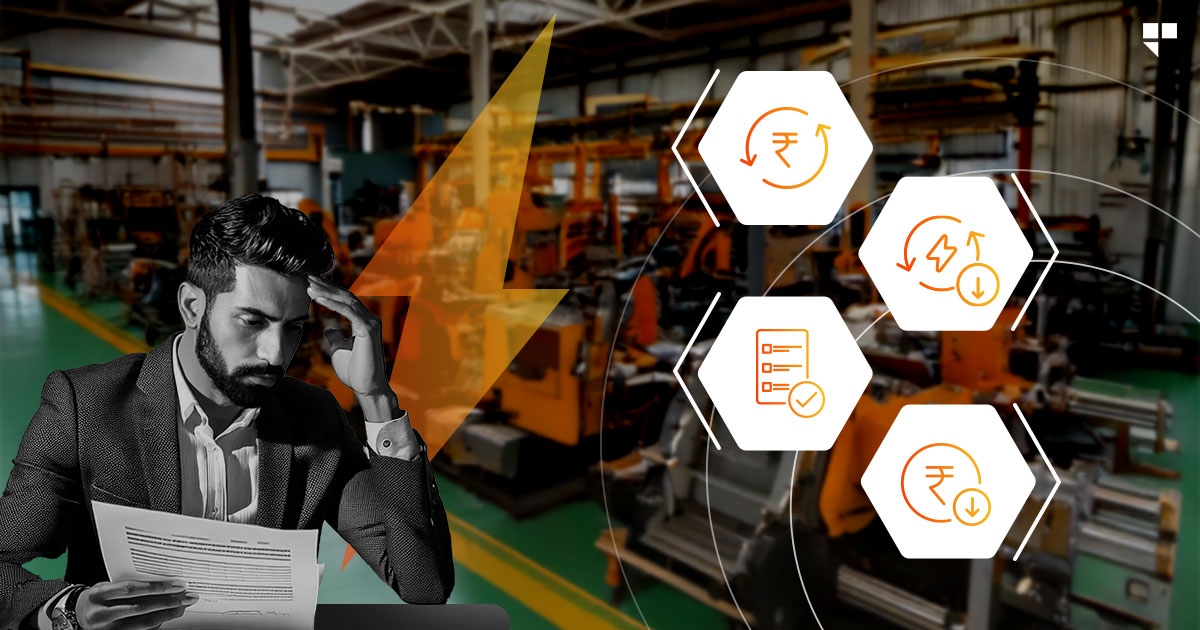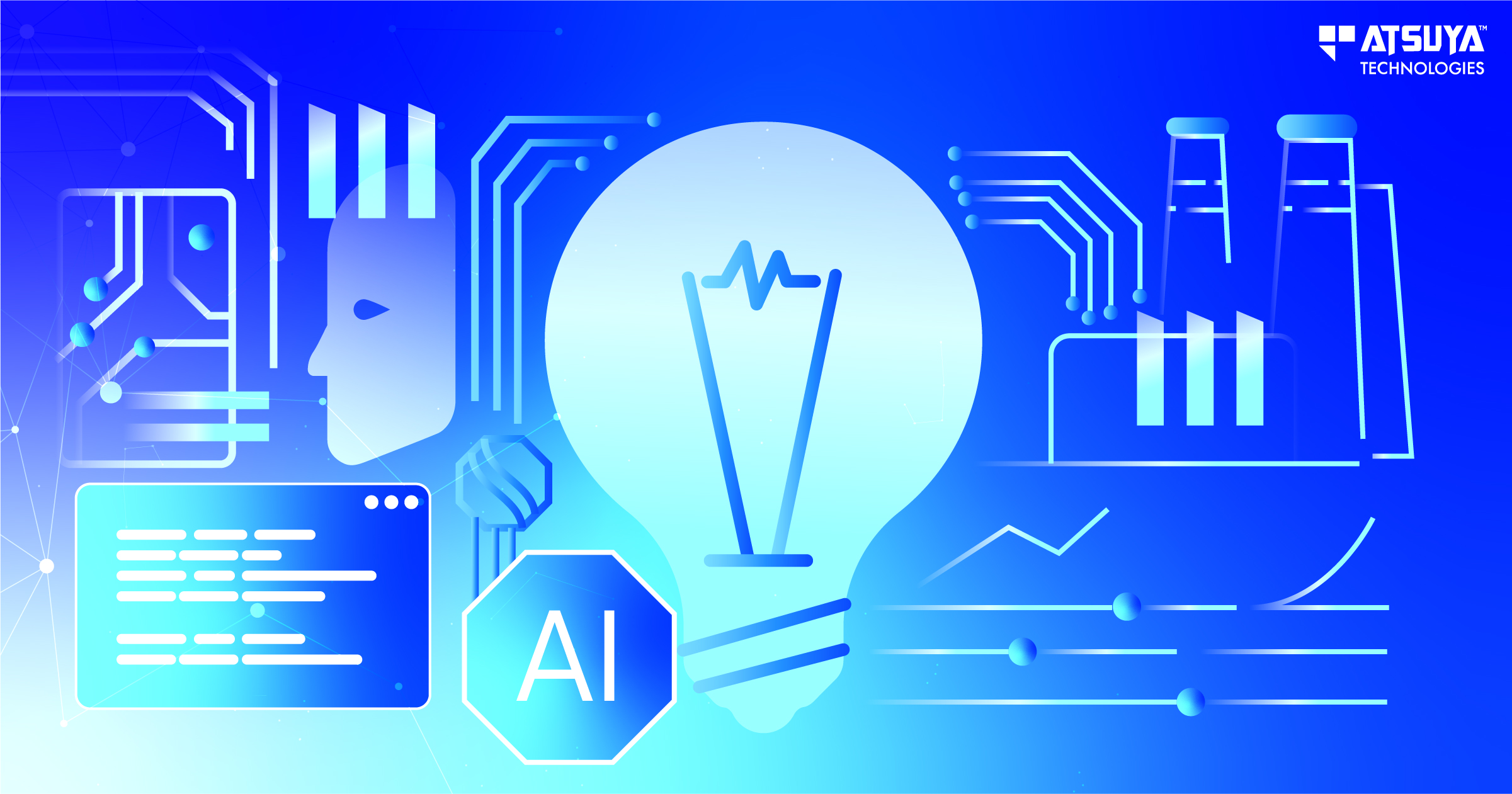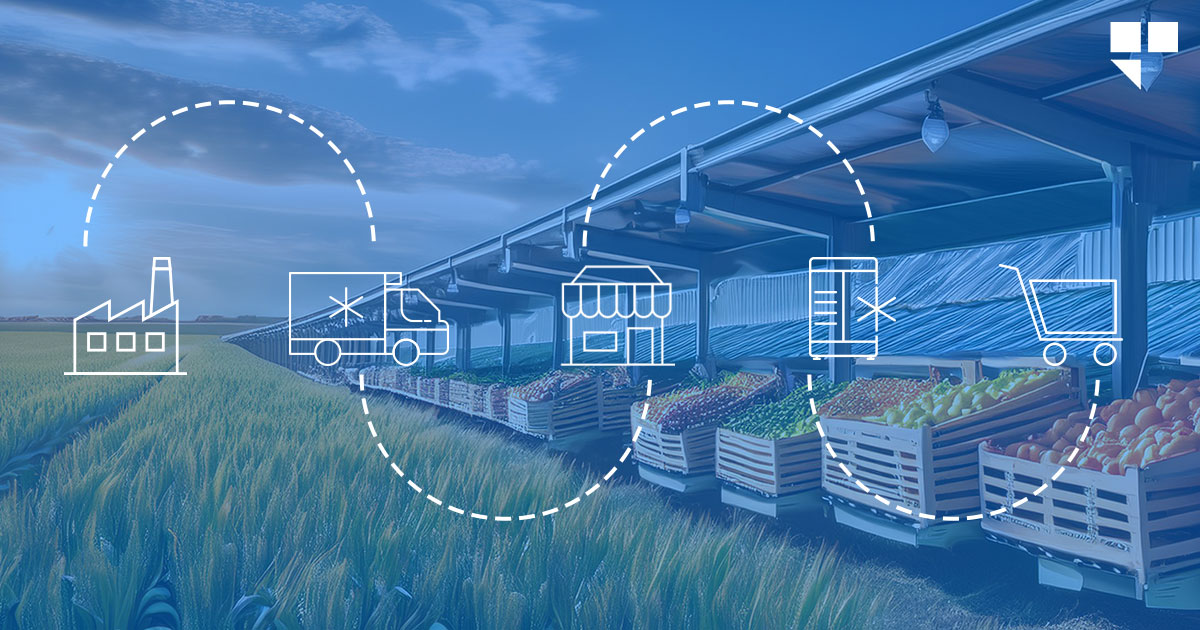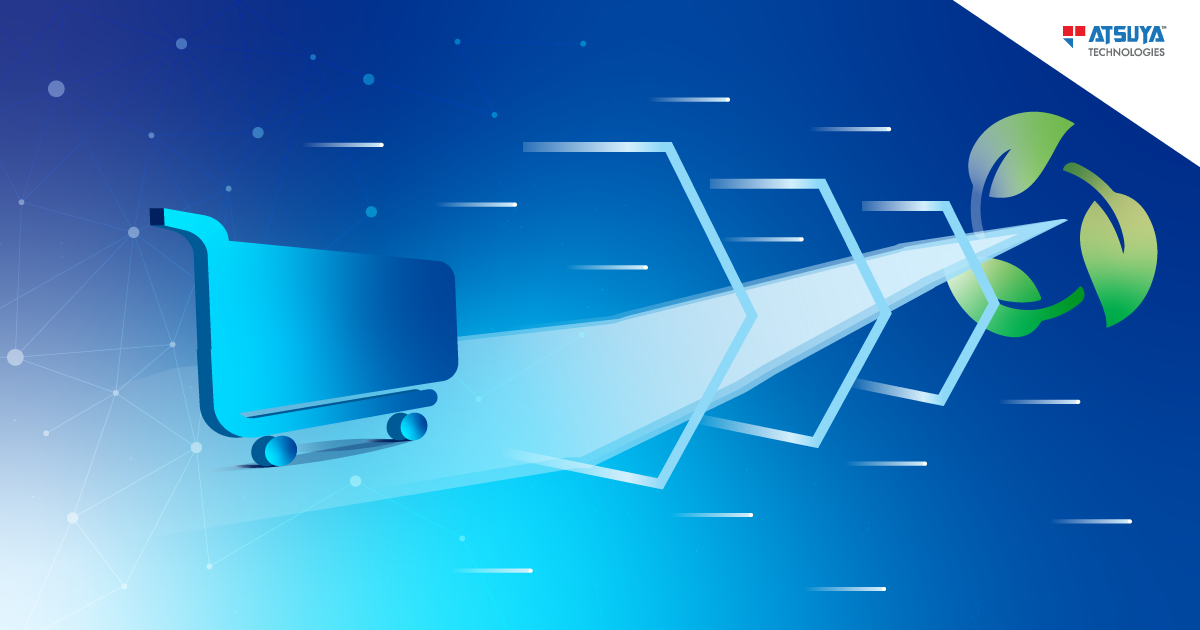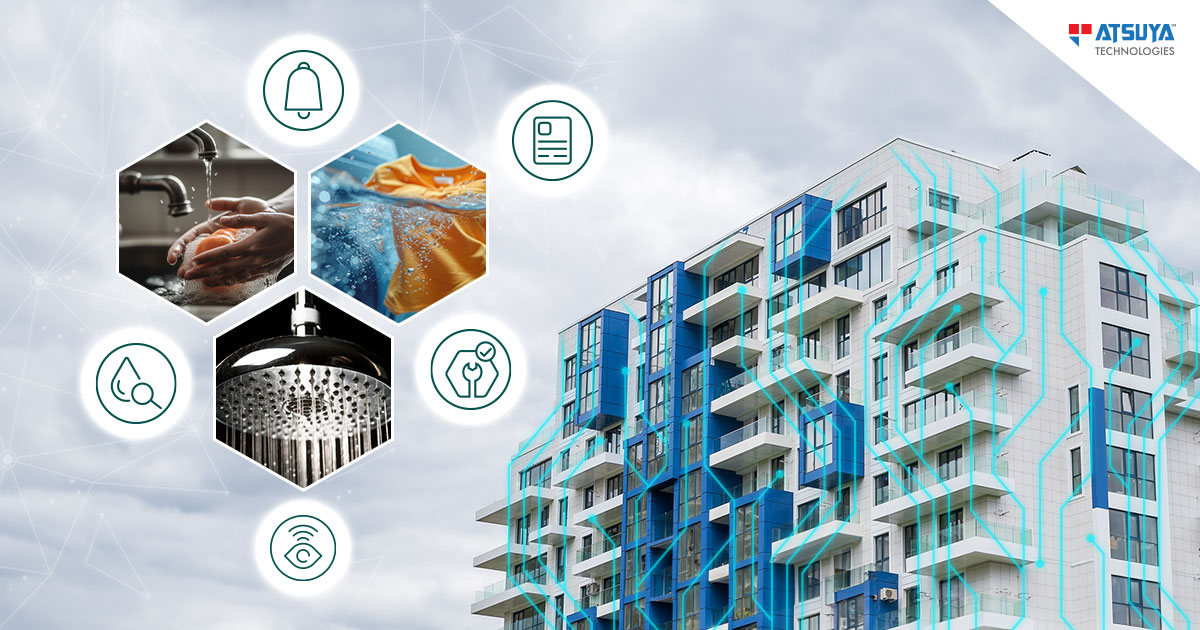
Water scarcity is an escalating concern worldwide, and Bangalore exemplifies the challenges posed by rapid urbanisation and limited water availability. To tackle this issue effectively, embracing innovative solutions that promote water conservation and efficiency becomes imperative. One such solution gaining momentum is the installation of smart water meters in apartments. These advanced meters, integrating IoT and AI technologies, offer a multifaceted approach to managing water resources efficiently.
This blog will discuss how IoT-based water meters are revolutionising the way we manage water consumption. Read on!
How Smart Meters Help Apartments Manage Water Better
Smart water meters are essential for improving water management in apartment complexes. By using advanced technology and analytics, these meters offer several benefits. They help monitor water usage accurately and in real-time, allow for proactive intervention, and enable strategic decision-making to optimise water consumption and conservation efforts.
In the competitive landscape of water management, professionals and knowledgeable individuals recognise the strategic value of smart water meters. Let’s delve deeper into how these meters elevate water management in apartment complexes:
Strategic Efficiency: Remote Monitoring Redefined
Smart water monitoring solutions redefine efficiency by enabling remote monitoring of water consumption. Real-time data and alerts on usage patterns empower residents and building managers with actionable insights. This strategic advantage allows for proactive intervention, identifying and addressing consumption peaks and leakages promptly to minimise waste and maximise conservation efforts.
Precision Tactics: Monitoring Water Consumption
Monitoring water consumption serves as the frontline defense in the battle against water scarcity. Smart water meters provide detailed insights into usage patterns, allowing for precise optimisation strategies. Armed with this data, residents and building managers can implement targeted measures to reduce consumption, adopt sustainable practices, and contribute to long-term water conservation goals.
Decisive Advantage: Instant Billing and Transparent Procurement
The streamlined billing process offered by smart water meters eliminates inefficiencies associated with manual readings and estimations. Instant billing based on actual usage fosters transparency and accountability, empowering residents to monitor their water consumption closely. Transparent procurement protocols further reinforce trust and encourage conscious water usage among occupants.
Battle-Ready: Leakage Detection and Prevention
Leak detection and prevention capabilities of smart water meters provide a critical defense against water loss. Advanced algorithms enable early detection of leaks, even in residents’ absence, minimising water wastage and associated financial losses. Proactive measures to address leaks ensure the integrity of the water supply system and support sustainable resource management practices.
Strategic Maneuvers: Usage-Based Consumption for Tactical Wins
Usage-based consumption data provided by smart water meters enables informed decision-making and targeted interventions. By analysing consumption patterns, residents and building managers can identify opportunities for efficiency improvements and implement tailored strategies to reduce water usage. This data-driven approach not only optimises resource allocation but also facilitates long-term cost savings and environmental sustainability.
Strategic Investment: Easy Installation and Tactical Plans
Smart water meters are easy to install, even when it comes to retrofits, making them an attractive investment for apartment complexes. Retrofit options minimise disruption to residents while providing immediate benefits in terms of water management efficiency. Flexible subscription plans cater to diverse budgetary requirements, ensuring accessibility to this transformative technology for all stakeholders.
Incorporating smart water meters in apartment complexes represents a strategic imperative in the pursuit of water sustainability. By harnessing the power of IoT and AI technologies, these meters offer a comprehensive solution to the challenges posed by water scarcity and inefficient management practices. Empowered with real-time data and proactive capabilities, residents and building managers can play a pivotal role in conserving water resources and shaping a more sustainable future for generations to come.
